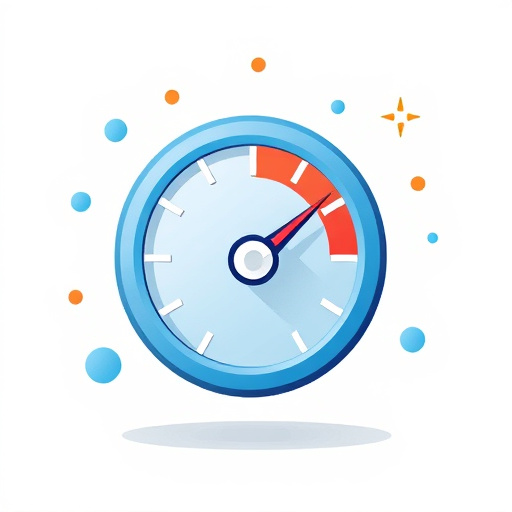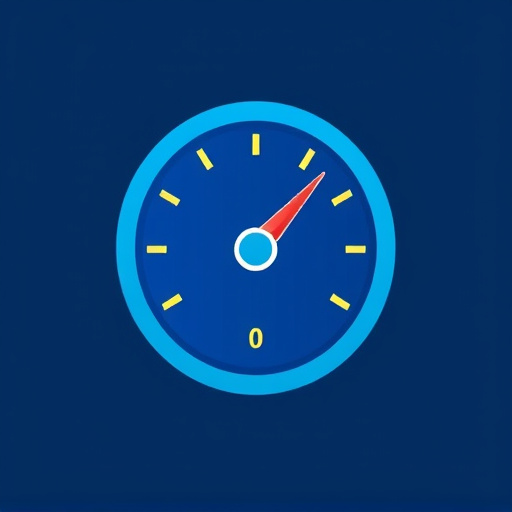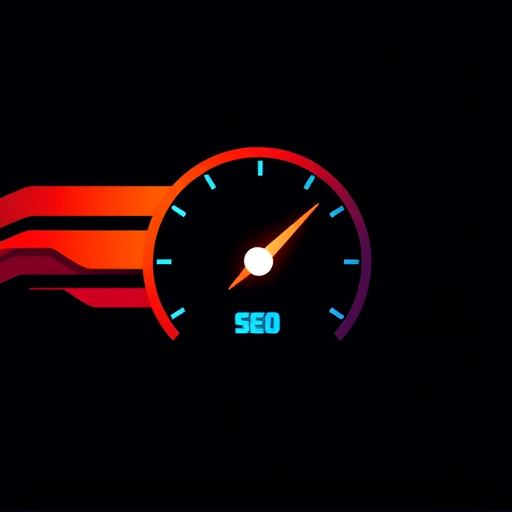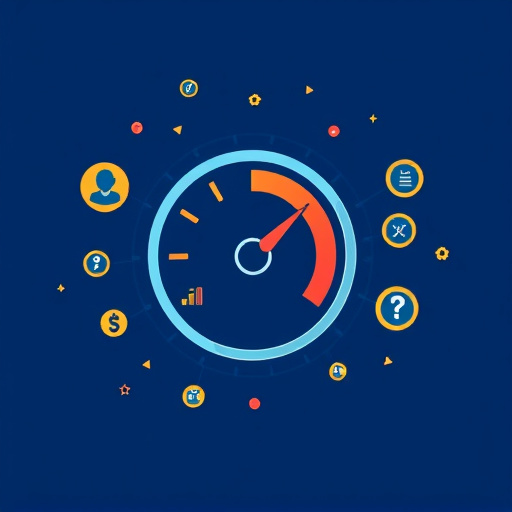Website speed is a key SEO component, impacting rankings and user engagement. Slower sites lead to lower performance, while faster loading times enhance experience and signals to search engines. Optimize load times by compressing media, using caching, minifying scripts, leveraging CDNs, and staying current with best practices for improved SEO and user satisfaction.
Boosting your site’s speed is a powerful strategy to enhance user experience and increase organic traffic. In today’s digital landscape, faster websites are favored by search engines like Google, impacting your search rankings directly. This article explores how improving your website speed can be a game-changer for your online presence. We’ll delve into the key factors causing slow load times and provide actionable solutions, including optimizing images and implementing caching techniques, to ensure your site delivers a seamless experience.
- Understand the Impact of Website Speed on SEO
- Key Factors Affecting Your Site's Load Time
- Optimize Images and Assets for Faster Loading
- Implement Caching to Enhance Performance
Understand the Impact of Website Speed on SEO

Website speed is an often-overlooked but powerful aspect of search engine optimization (SEO). It significantly influences how search engines rank websites, especially in today’s fast-paced digital world. When a website loads quickly, it provides users with an improved experience, encouraging them to explore further and interact more. This behavioral signal sends positive signals to search engines, indicating that the site offers value and is worth higher rankings. Conversely, slow websites often lead to high bounce rates and decreased time spent on page, which can negatively impact SEO performance.
Understanding the direct correlation between website speed and user engagement is crucial. By implementing effective website speed solutions, businesses can enhance their online presence. Faster loading times mean visitors are more likely to stay, browse, and engage with the content. This seamless user experience translates into better conversion rates and increased organic traffic over time. So, give us a call at Website Speed Solutions for Enhanced User Engagement and let’s optimize your site together.
Key Factors Affecting Your Site's Load Time

Several key factors significantly influence your site’s load time, thereby impacting its performance in search engine rankings and user engagement. Understanding these factors is essential for any website owner aiming to improve their online presence. One of the primary considerations is server response time; slower servers directly translate to longer load times, which can deter visitors and negatively affect SEO. Additionally, the size and optimization of media assets, such as images and videos, play a crucial role. Unoptimized files can significantly slow down your site, especially on mobile devices.
Another critical aspect is network latency, which refers to the time it takes for data to travel between your server and users’ devices. High latency can result in delayed page loading, particularly if your server is located far from your target audience. Moreover, inefficient coding practices and outdated website technology can contribute to slower performance. To ensure optimal site speed, consider implementing caching mechanisms, leveraging browser rendering, and regularly updating your website’s backend infrastructure. Visit us at website speed seo best practices anytime for a comprehensive guide on how to make your website load faster while enhancing user engagement and staying ranked.
Optimize Images and Assets for Faster Loading

Optimizing images and assets is a crucial step in improving your website’s speed, which can significantly boost your SEO performance. Every extra second your visitors have to wait for your pages to load impacts their experience and may lead them to leave your site. To keep them engaged, ensure your images are compressed without losing quality. Modern image formats like WebP or JPEG 2000 offer better compression than traditional JPEGs, helping reduce file sizes. Additionally, consider lazy loading techniques where images only load when they become visible on the screen, saving time for users and improving website loading speed for higher traffic.
Remember that each element on your web pages contributes to its overall loading time. Optimize not just images but all assets, including scripts and stylesheets. Minifying these files by removing unnecessary characters can drastically reduce their size without affecting functionality. You can also leverage content delivery networks (CDNs) to distribute your static resources globally, ensuring visitors from different locations access faster, optimized versions of your web pages. These strategies are essential SEO tips for faster website loading, enhancing user satisfaction and keeping your site at the top of search engine results. Find us at tips for optimizing web pages for quicker loading, and discover more ways to elevate your online presence.
Implement Caching to Enhance Performance

Implementing caching is one of the most effective strategies to reduce website page load time and significantly enhance website performance. Caching stores frequently accessed data, such as images, scripts, and CSS files, in a temporary memory or storage location close to your visitors. When a user requests this content again, the browser retrieves it from the cache, saving valuable time compared to downloading it directly from the server. This simple technique can dramatically boost search rankings with improved website speed since faster loading times are a crucial factor for both users and search engine algorithms.
By leveraging caching, you can ensure that your web pages load almost instantly, providing visitors with an enhanced browsing experience. Additionally, this optimization strategy allows your website to handle higher traffic volumes more efficiently, which is vital for maintaining consistent performance during peak hours or after significant marketing campaigns. So, if you’re looking to improve your website speed for better SEO performance, consider caching as a fundamental component of your web page optimization for faster browsing anytime.
Improving your site’s speed is a powerful strategy to gain an edge in organic traffic. By understanding how website speed influences search engine optimization (SEO) and implementing effective solutions, such as optimizing assets and utilizing caching, you can significantly enhance user experience and boost your online visibility. These techniques are key to achieving better SEO performance and keeping your website ahead of the competition in today’s fast-paced digital landscape.
